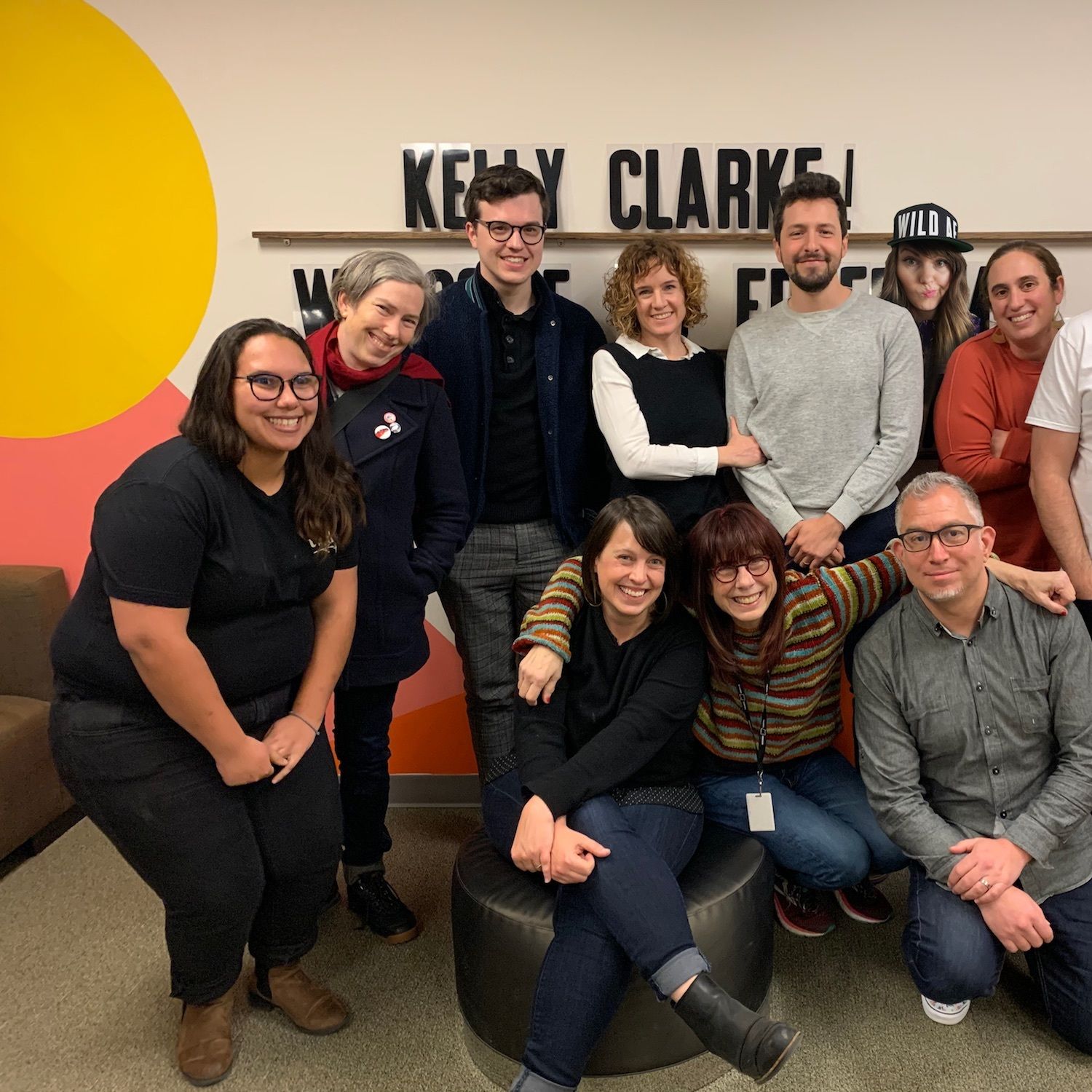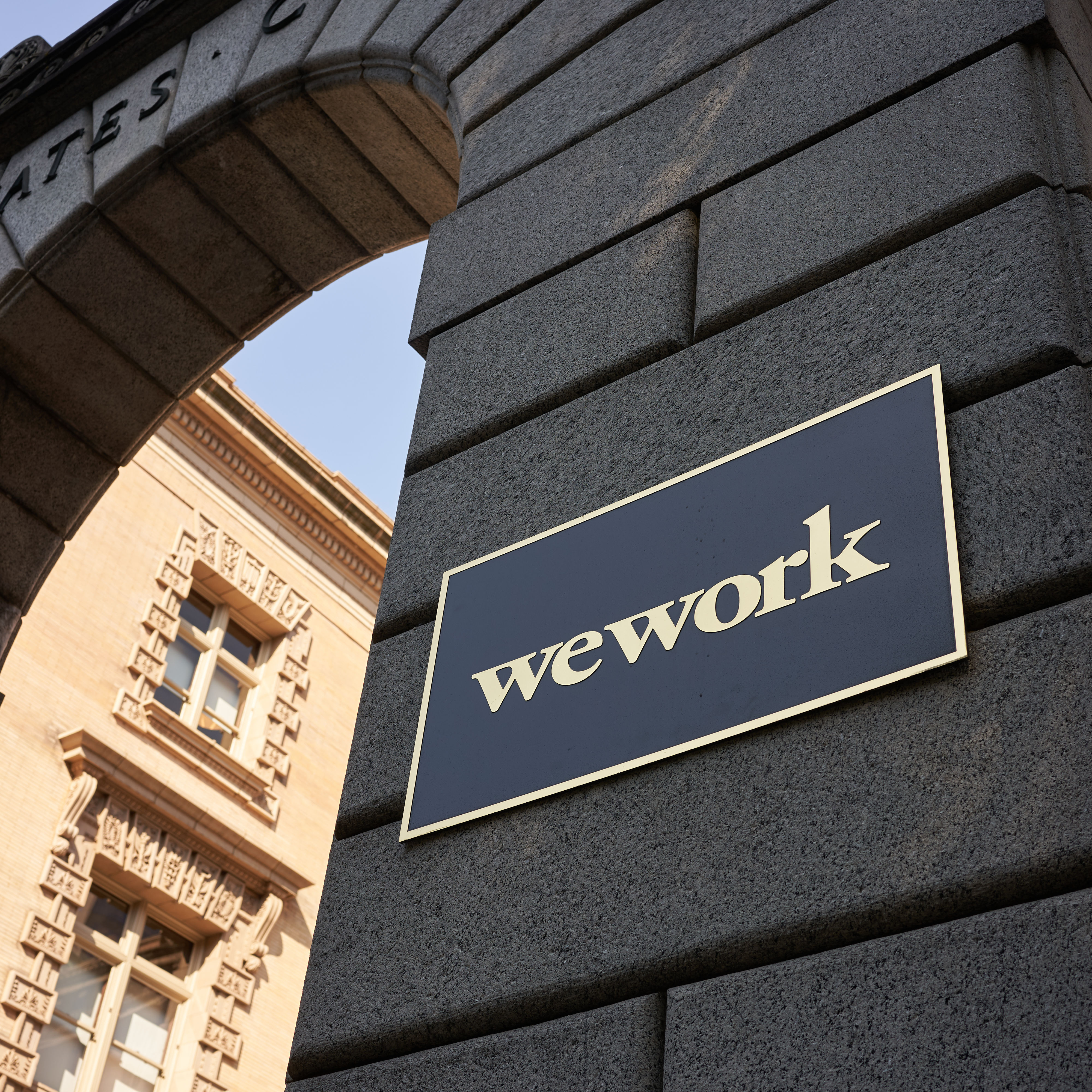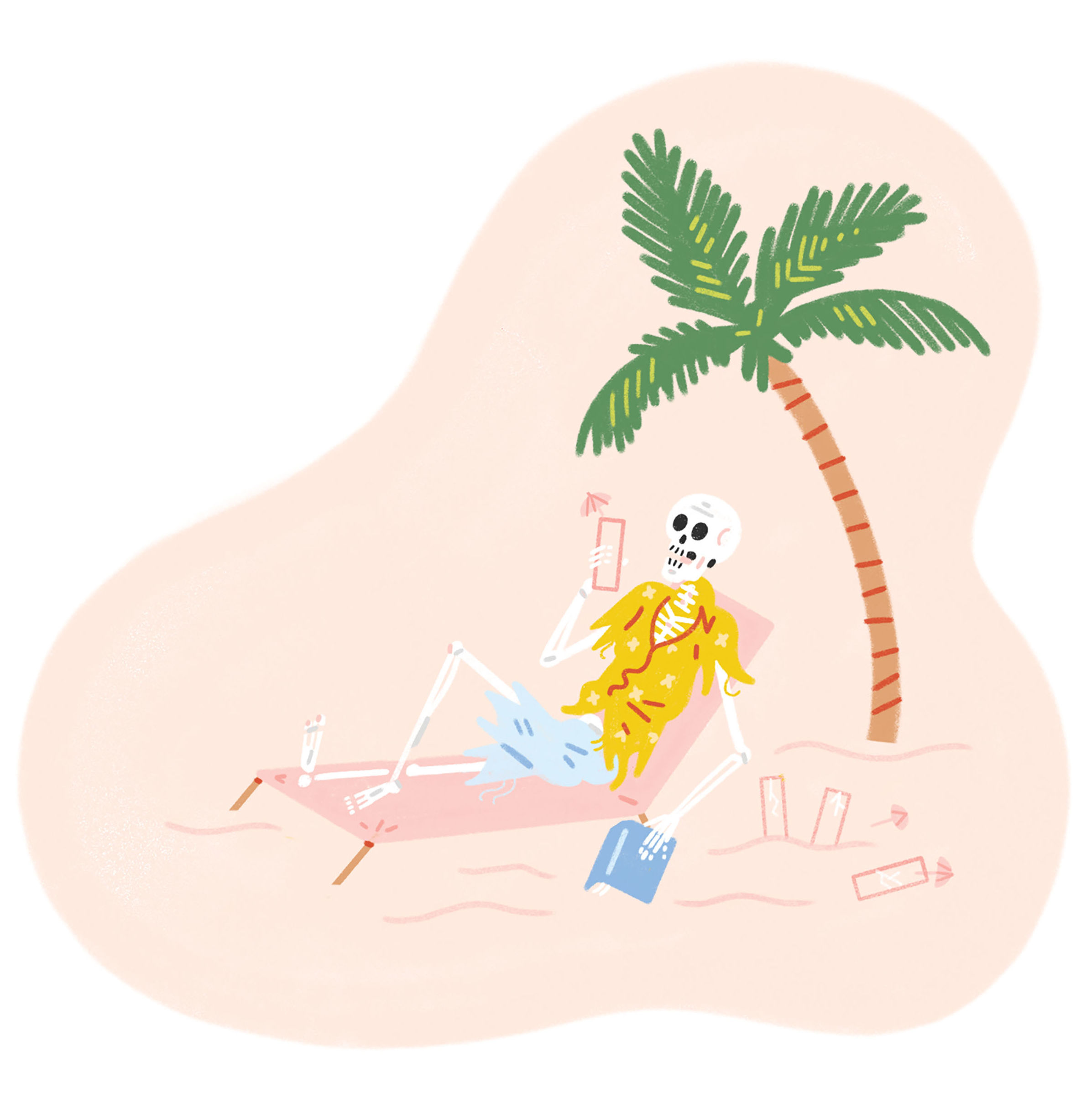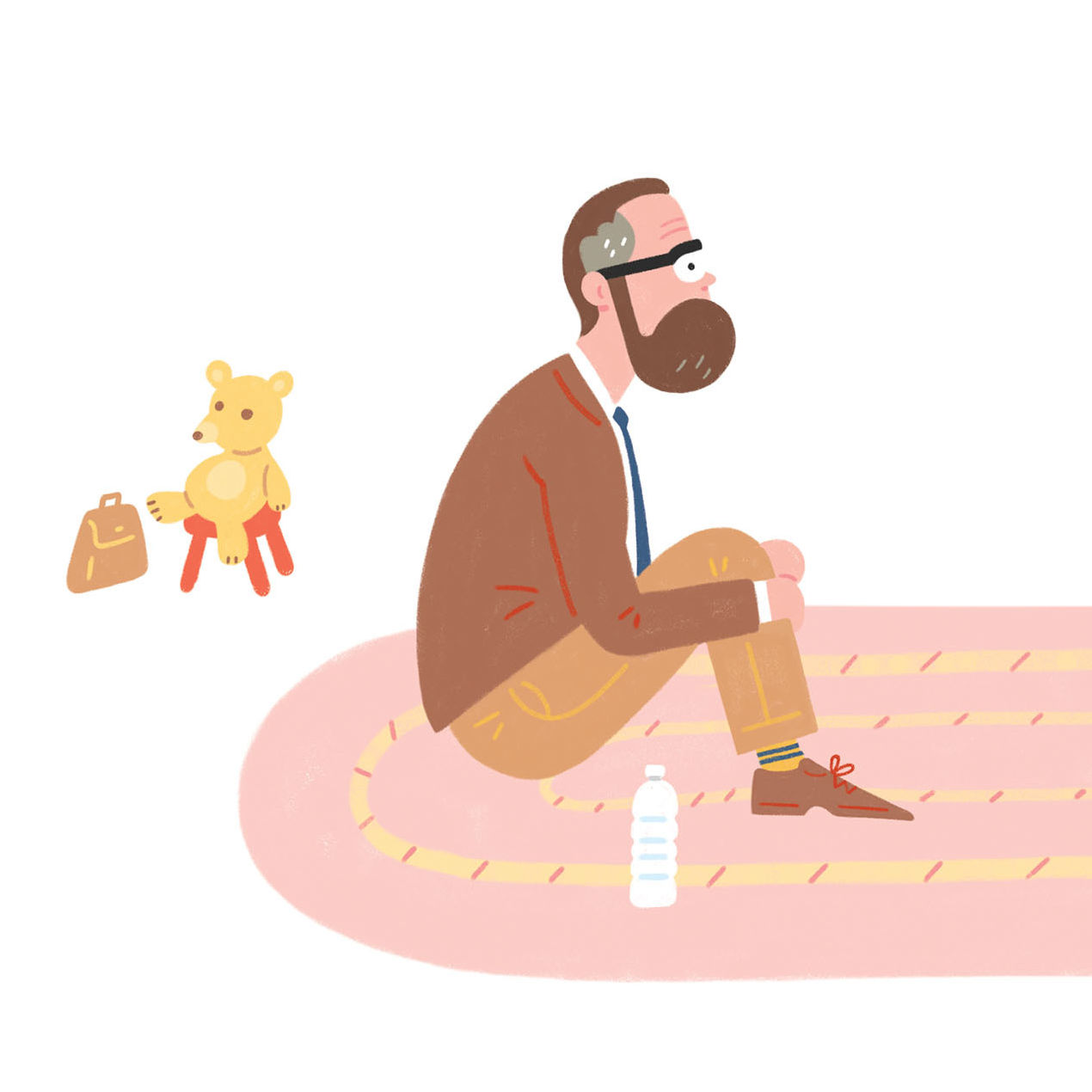How to Switch Careers—According to these Portland Experts

Not into your job? Maybe you’re on the right path but just have the wrong boss or are in the wrong location. Maybe you work in print journalism and, as Nelson says on The Simpsons, “Ha-ha, your medium is dying!” Maybe you need to blow everything up and start over. To figure out the next step, I—I mean you—might want to talk to someone like Vicki Lind, a career counselor who founded A Portland Career two decades ago after years of helping adults go back to school. I sat down with Lind and her fellow counselor and entrepreneurship specialist Dan Hahn to learn more about making a big change.
Lind: We do complete makeovers if [people] want to train for something new, or we help them with pivots and a job search for a better match.
Hahn: It starts first with our listening to where they’re at, assessing their readiness to make a change. Are they in a mentally stable place? Do they have the resources they can commit to making this change work well?
Lind: We’ll interview you about what happened in college and afterwards, and we’ll be watching your face and noticing where there still might be some excitement.
Hahn: There’s a lot of people that just have this covered dream, a dream that existed long ago that they buried by experience or life or reality.
Lind: The first assessments we do are about interests and passions. Some of it is diary-like, like who are your heroes? And—I love this question—what do other people get tired of hearing you talk about? Solar [energy], or relationships, or whatever. Then we do online personality tests, an assignment to look at different values and what they mean for them, some card sorts about their top skills. We look at the many—the many values, the many skills, the many interests. Then as we talk about them we see which ones are both a passion and practicality, and we move from the many to the top five. It’s fun. Most of the time it works, that they come out with something practical and that they’re excited about implementing.
Hahn: There’s also the question of how to change the context of work a little bit without having to set everything aside or follow through on the temptation to just flush everything down the toilet because you reach your breaking point. There are so many resources and experiences and knowledge and skills you’ve developed over all these years which you may be able to use so well if you can think a little bit creatively about how something can be different, both looking at maybe some other organizations that could really use a lot of those kind of competencies in a different kind of way. This is where it helps to be able to set some of the hot feelings and emotions aside and be able to look at things a little bit more practically and more objectively with a conversation partner, thinking of how things could be a little bit different.
Lind: There’s the fear about the future of the world and what problems you want to put your one and only energy toward. Not everybody’s driven by that, but a lot of people are…. We can help people look at their values, and what are their must-haves of their values. If it’s green values, we look at [companies’] policies. Instead of “we work for the bad guys and we want to work for the nonprofits,” we might want to say, “Which manufacturers and companies have strong environmental policies?” That’s most realistic for most people.
Lind: Portland is a place that’s magnet for young creatives and people who care about the environment and social justice issues and natural resources. But they’re hoping that there’s more robust, well-paying job opportunities than there are…. We have to separate out what will be a love and a hobby, and how to do a career that, if it doesn’t integrate that, supports that. I had somebody who decided to continue to devote more time to their painting, to quit their 9 to 5 job, and have a business in small business tax consulting, which he knew a lot about. He wanted a career that didn’t drain him, and made enough money so he could do his passion on the side. Another guy … had an epiphany, and says, ‘I’m single, I’m stable, I don’t care what it takes, I’m going to help the environment.’ It took him a few sessions to say, ‘I’m not going to go with the shortest, most practical. I’m going to go with the most passion-driven.’ … It can be sad if your passion is the fine arts and music, and very, very few people can weave out a viable income. That’s kind of figuring out, for the stage in your life, you may have to focus on this—or do you want to look at being a teacher and have your summers for your art? So sometimes there’s some sadness about youth, when they felt like if they gave it their all they could do rock and roll, and it’s kind of a loss.
Hahn: I hear a lot from parents who felt if you follow this recipe, this is going to lead to success, if you do well in school, if you apply yourself toward a specific kind of major, then we don’t have to worry about you anymore, because the job’s there. In many cases, that’s not the truth. You need to let go of what you believed is true about how employment happens now. Maybe it was the case 30 or 40 years ago, but the world is very different now and some of our institutions haven’t adapted very well to be communicating these truths to parents and students.
Lind: My personal belief is if they want to bartend and do their music, or do retail and do their poetry, and go to Europe if they can figure out how to do that, that’s great. The parents call worried, and I say, “Don’t worry. Your kid will be here in a few years. They’ll want to buy a house….” I don’t think we get very many 22-year-olds, but we get a lot at 26, 27, 28.
Hahn: There’s also a lot of concerned spouses who will reach out on behalf of their partners. Maybe it’s just a reflection of how some relationships work. Some people are better about reaching out for these resources than others.
Lind: When we talk about job search, the technology and the process is very different. One partner will see someone sending out 30 résumés and getting really depressed, and so sometimes they’ll come in for a few sessions, and we’ll say this is how keywords work on the job boards, and this is how you have to use keywords on your résumé. Sometimes they just don’t understand or they’re flummoxed by LinkedIn. Sometimes it’s just the mechanics of getting a job.














